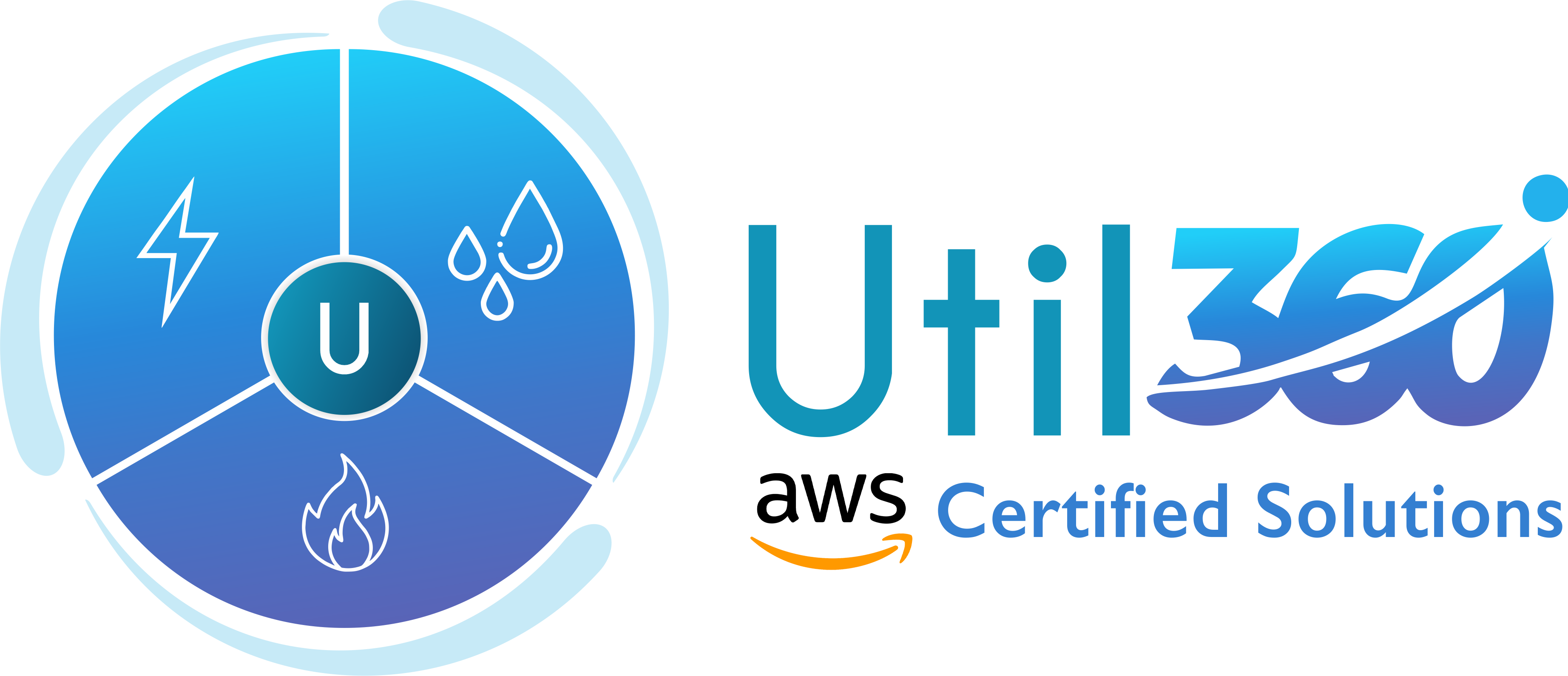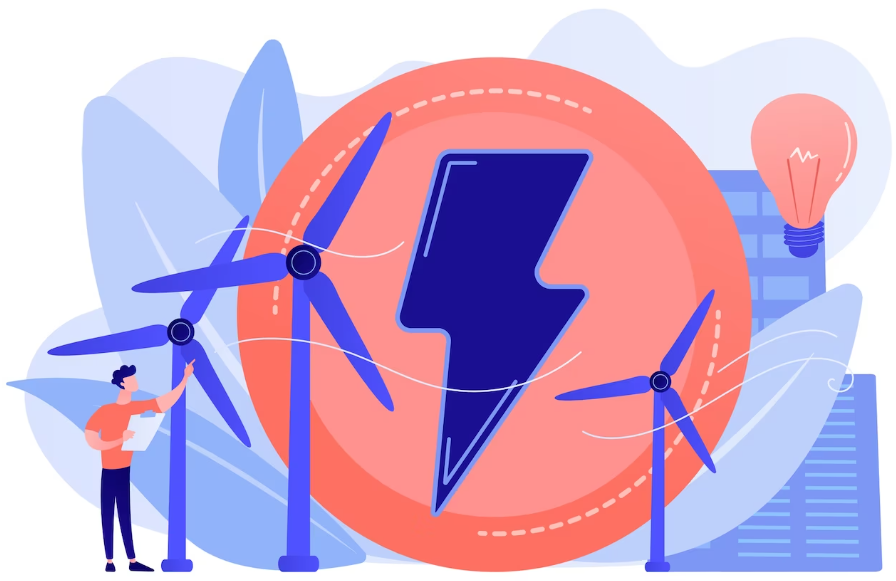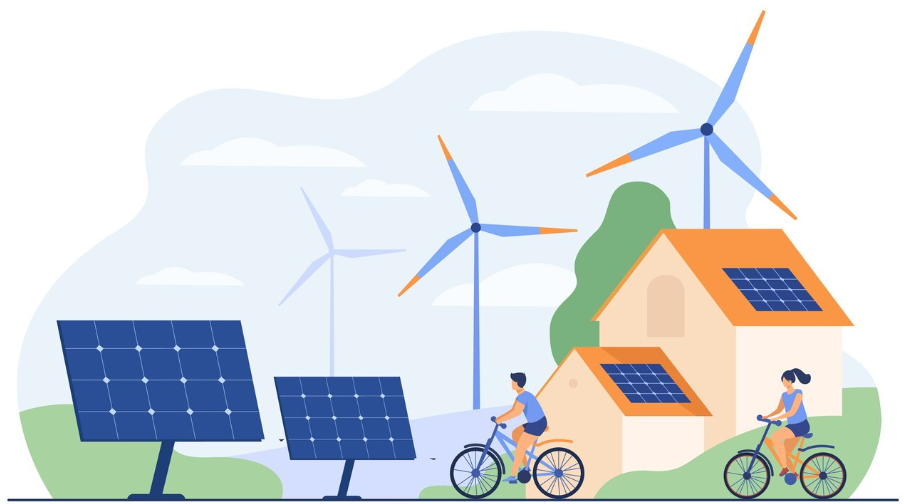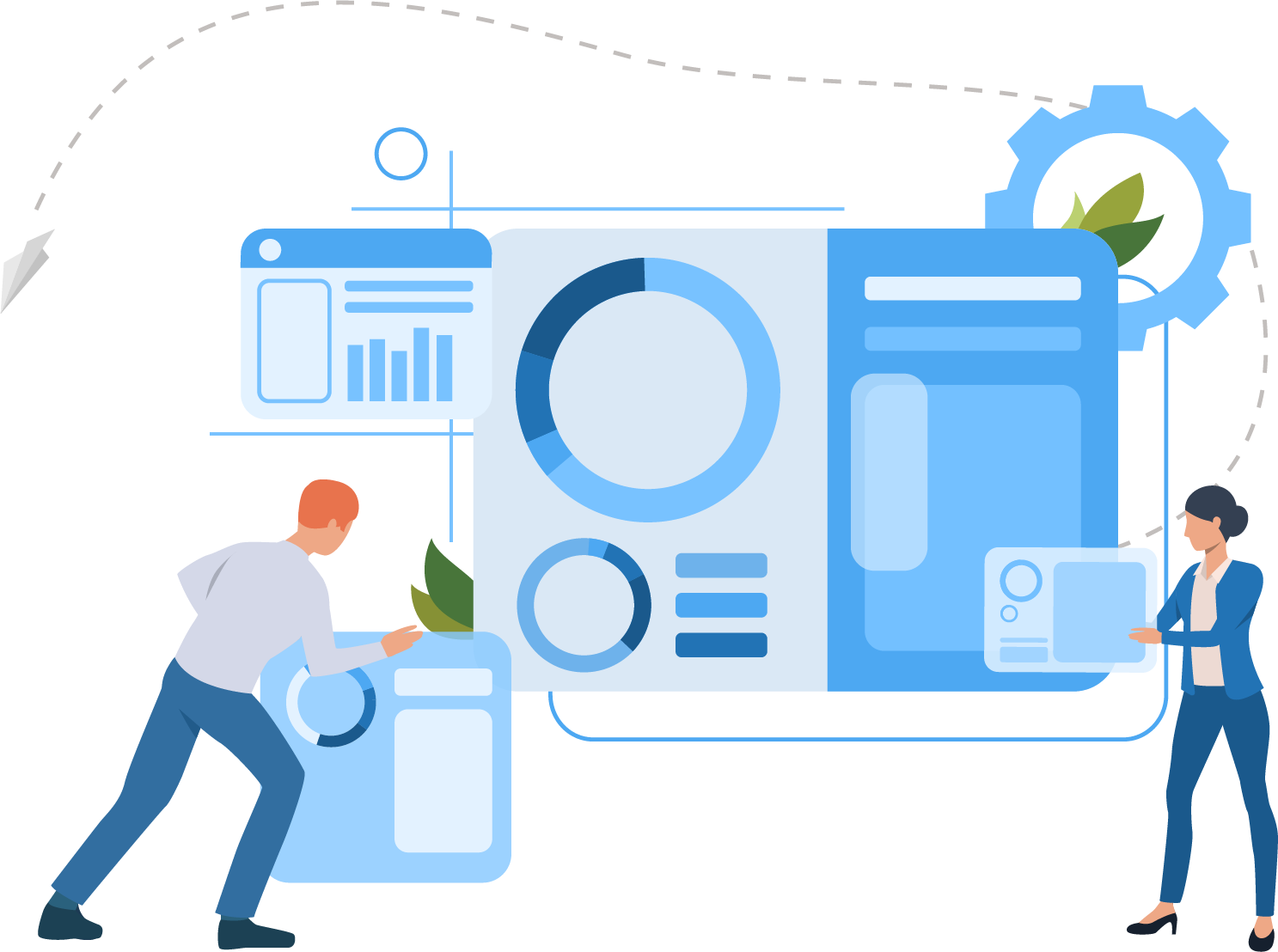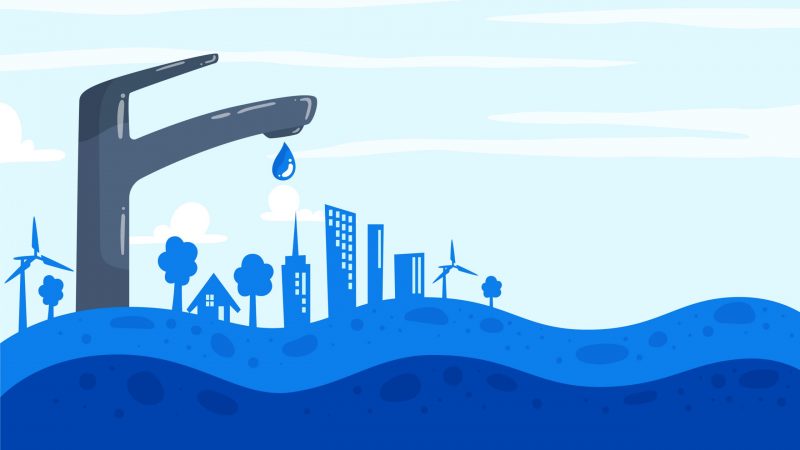
As climate change, aging infrastructure, and growing urban populations place increasing stress on centralized utilities, a shift toward decentralized water and energy systems is creating new opportunities for resilience, sustainability, and efficiency. These systems represent a powerful solution for communities aiming to reduce their vulnerability, increase control over resources, and embrace modern digital infrastructure.
What Are Decentralized Systems?
Decentralized systems refer to the localized generation, distribution, and management of utilities—typically water and energy—rather than relying on large-scale, centralized plants or grids. These systems are often designed to serve individual buildings, neighborhoods, or small communities, offering flexibility and adaptability to meet unique local needs
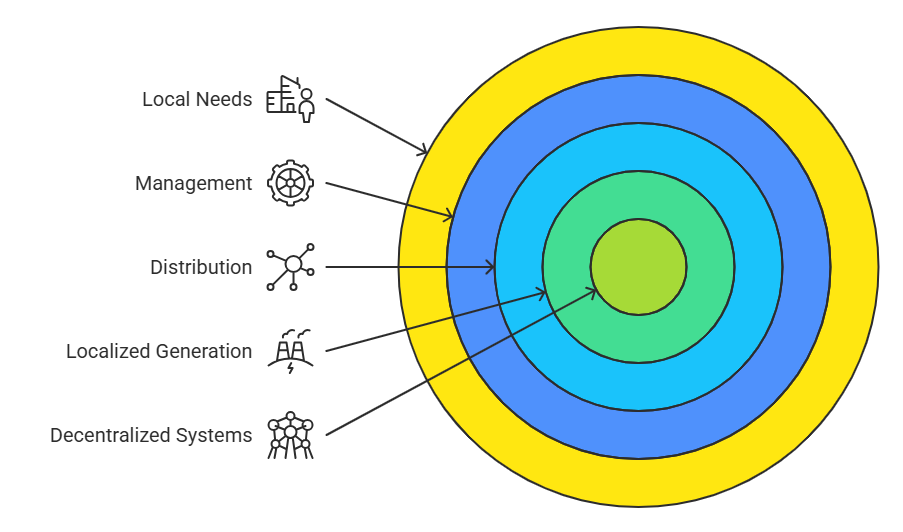
Benefits of Decentralized Water and Energy Systems
Decentralization is transforming utility management across the U.S. Here’s why more municipalities and utility providers are embracing this approach:
- Increased Resilience: These systems are less prone to widespread failure during disasters.
- Localized Control: Communities can manage and maintain their resources with greater autonomy.
- Sustainability: Supports renewable energy sources and water recycling practices.
- Scalability: Can be implemented gradually, project-by-project.
- Reduced Transmission Losses: Energy and water travel shorter distances, cutting waste.
- Smart Integration: Easily integrates with digital management platforms.
- Improved Cost Efficiency: Reduces dependency on large infrastructure investments.
The Role of Technology in Modern Infrastructure
Technological innovation plays a key role in the shift to decentralized systems. Platforms like Util360 offer end-to-end digital solutions that help utilities manage distributed assets, monitor performance, and ensure compliance.
Key technological capabilities include:
- Smart Metering for real-time water and energy usage
- Data Analytics for demand forecasting and predictive maintenance
- Cloud-Based Platforms for managing distributed systems
- Mobile Apps for customer engagement and remote operations
- AI and Machine Learning to optimize resource allocation
Decentralized Water Systems: A Game Changer
Water scarcity and deteriorating infrastructure demand new approaches. Decentralized water systems provide communities with more secure, sustainable sources of water. These systems include on-site water reuse, rainwater harvesting, and localized wastewater treatment.
Advantages of Decentralized Water Management:
- Greater Water Security in drought-prone areas
- Customized Treatment Solutions for local water quality
- Reduced Infrastructure Costs by minimizing piping and pumping
- Environmentally Friendly through resource reuse
- Faster Implementation compared to centralized upgrades
- Lower Risk of Contamination due to localized control
- Support for Net-Zero Water Goals
- Energy Independence Through Localized Grids
Microgrids, rooftop solar, battery storage, and other decentralized energy technologies are empowering homes and businesses to take control of their power sources. In times of natural disasters or grid failures, these systems continue to operate independently.
Benefits of Decentralized Energy:
- Renewable Integration such as solar, wind, and bioenergy
- Lower Carbon Footprint and support for clean energy goals
- Resilient Power Supply during outages or disruptions
- Local Job Creation in installation and maintenance
- Flexible Grid Management with demand response capabilities
- Energy Cost Savings through local generation and storage
- Enhanced System Reliability with minimal transmission loss
Key Applications in Smart Cities:
Decentralized water and energy systems are at the heart of smart city planning. They align with the goals of energy efficiency, sustainability, and data-driven urban development.
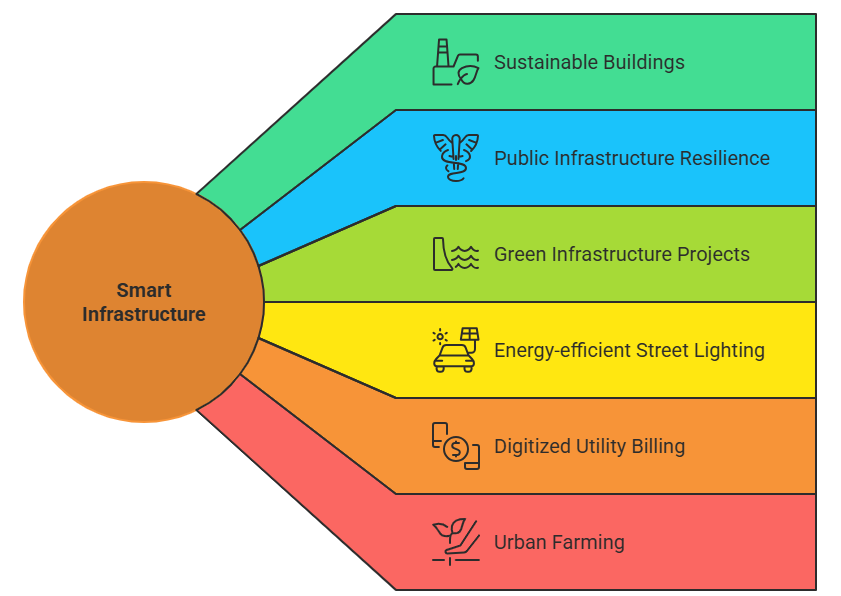
Implementation in Smart Cities:
- Smart Grids and IoT Sensors for real-time control
- Sustainable Buildings with on-site utilities
- Public Infrastructure Resilience (e.g., hospitals, emergency centers)
- Green Infrastructure Projects for stormwater management
- Energy-efficient Street Lighting powered by solar
- Digitized Utility Billing and customer self-service
- Urban Farming using recycled water systems
Policy and Regulation Trends
Government support and environmental regulations are paving the way for decentralized systems. Federal and state incentives for clean energy and water recycling, combined with public demand for sustainable development, are accelerating adoption.
Current Policy Drivers:
- Federal Grants supporting microgrids and water reuse
- State Rebates for solar installations and battery systems
- Building Codes requiring on-site energy systems
- Mandates on Water Efficiency and stormwater management
- Climate Action Plans encouraging decentralized models
- EPA and DOE Guidelines promoting innovation
- Public-Private Partnerships in utility modernization
Why Util360 Leads in Utility Innovation
At Util360, we understand that the future of infrastructure lies in decentralization, digital transformation, and sustainable resource management. Our platform is designed to help utilities modernize their operations, enhance customer engagement, and ensure service continuity no matter the size or scope of the system.
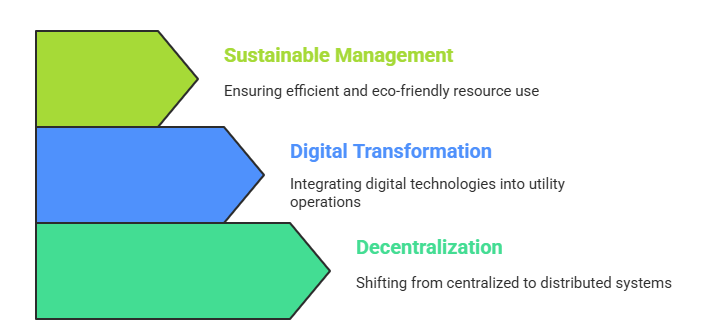
Why Choose Util360?
- Comprehensive Utility Management Software
- Real-Time Monitoring and Reporting
- User-Friendly Interfaces for Utility Staff and Customers
- Customizable Modules for water, gas, electric, and broadband
- Regulatory Compliance Support
- Mobile Access and Cloud Integration
- Scalable for Municipalities and Private Utilities
Let Util360 help you lead the change. Visit https://bill.util360.com to learn more.
Book a Demo
Organizations looking to future-proof their utility infrastructure should consider platforms like Util360, which offer comprehensive solutions for billing, meter data management, conservation, and financial operations. By bringing together smart technologies under one unified system, Util360 empowers utility providers to rise to today’s challenges and lead with resilience, reliability, and innovation.
Lorem ipsum dolor sit amet, consectetur adipiscing elit. Ut elit tellus, luctus nec ullamcorper mattis, pulvinar dapibus leo.
